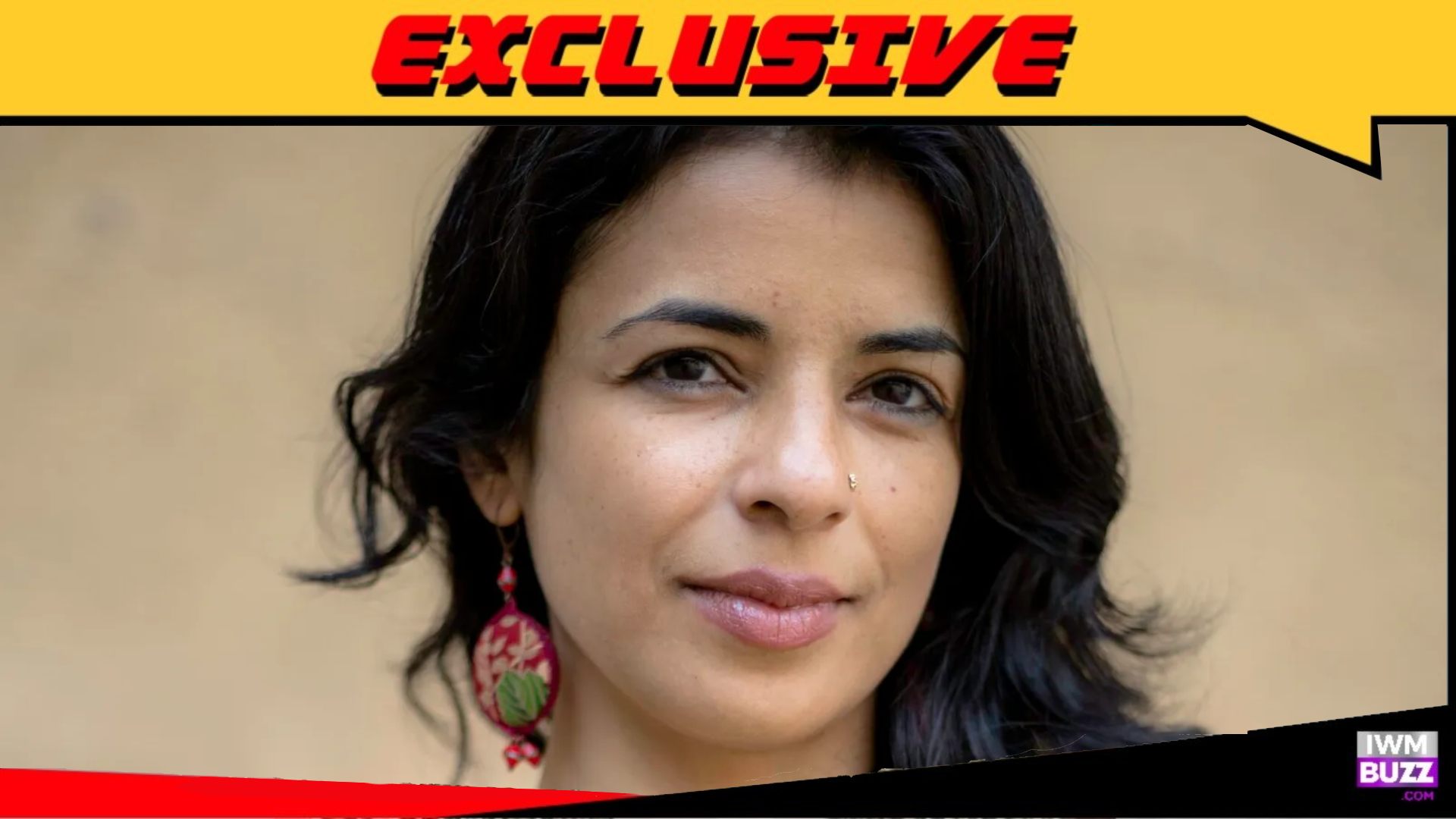Filmmaker Sandhya Suri is currently raking in the love that her film, Santosh is getting owing to being premiered at the Mumbai Film Festival (MAMI). The film stars Shahana Goswami and Sunita Rajwar in key roles in rural north India, it stars Shahana Goswami as a widow who inherits her late husband’s job as a police constable.
She gets embroiled in a murder investigation that unveils the darker evils of society. In an exclusive conversation with IWMBuzz, Suri went on to talk about having a unisexual name for the protagonist, the symbolism of the film, having a feature film debut and talking about Dalit injustice and caste oppression in general.
Q: It has become a norm to give female protagonists unisex names, particularly when portraying them fighting against gender bias and patriarchal norms. Was this a conscious decision in your film, and why do you think it’s important?
A: More than just choosing a name that works for both genders, the meaning of the name was most important to me. For instance, the name Santosh relates to the character’s journey of trying to find her place in society after becoming a widow. She is striving to regain her status, and the name reflects that search for satisfaction in life. So, the meaning came first, and the gender-neutral aspect of the name was secondary.
Q: This is your feature film debut after two documentaries and a short film. Was transitioning to a feature film a natural progression for you?
A: Actually, this script is quite old. I’ve been working on it for about ten years. The first draft was written even before I made the short film, which I created just to test out what working with fiction would be like. So, the feature film came about organically, not as a career move. It was more about what the story needed. Since it’s about a policewoman, it would’ve been challenging to show that in a documentary, so fiction made more sense. I always let the story dictate the form, not any strategic decision.
Q: There have been many stories about Dalit injustice and caste oppression. In your opinion, what makes Santosh stand out among them?
A: There are countless stories about many things, and when I first wrote this script—developed at the Sundance labs in India—there weren’t any films about female cops except maybe Mardani and some films from the 70s. Since then, many stories about female cops have been made. As a filmmaker, you can’t control what comes out, but the key is to focus on the details and quality of your work. I’m proud of Santosh because it’s a very detailed film, and it doesn’t take a moralizing stance. It’s not about good versus bad, where Santosh is the hero, and the system is the villain. The film presents a morally grey world, dealing with casteism, misogyny, and religious intolerance. The question is, where does Santosh draw her boundaries in this grey space?
Q: How did Shahana Goswami come on board, and did she and Sunita Rajwar help you understand the intricacies of India for such a rooted story?
A: It was more the other way around in terms of their research process. Even though I live outside India, I’ve spent a lot of time in small towns across the country due to my documentary work. I’ve been visiting and filming in India for years, so I approached the story from a research-driven perspective. I made sure that both Shahana and Sunitaji had a similar research experience, even if shorter, to ground the film in reality rather than relying on the stereotypical portrayals of cops seen on TV. We all took a documentary-like approach to the work.
Q: Did Shahana and Sunita help you with the Hindi dialogue, given your background?
A: Yes, I had thought of the dialogue in Hindi but had initially written it in English because I didn’t feel confident enough to write directly in Hindi. Both Shahana and Sunita helped refine and bring authenticity to the dialogue, making it more natural for the story.
Q. Is there any part of you that wishes to do a commercial potboiler film?
A. No. As simple as that (laughs). It is hard to pay your bills and be an artist, there is that factor indeed – but for me, it is such a labour of love to make a film. It is a big undertaking to do so, I want to believe in that.
Q. If there is one thing you could change about the entertainment industry, what would that be?
A. I guess, make sure that art films are distributed well. All the effort that goes into making and presenting a film needs to reach the people and we get it in the cinema.


